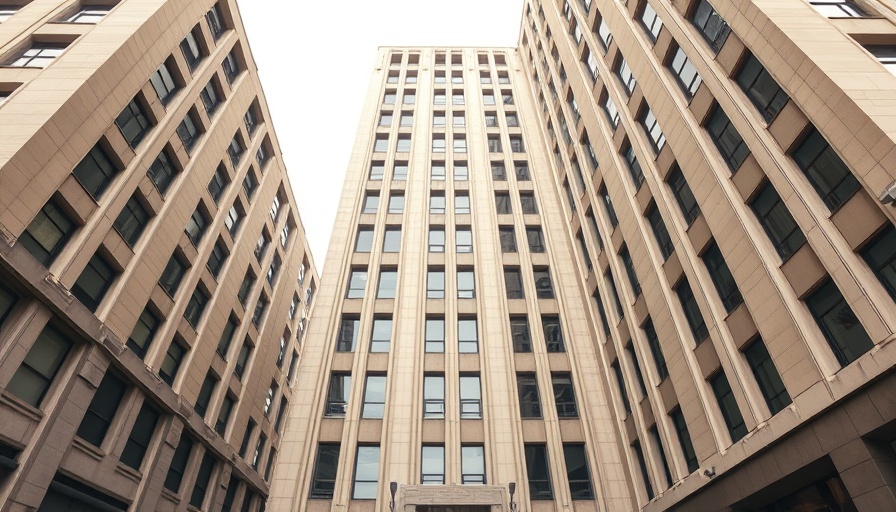
Desperate Heat: Living in a Non-Aired Jail
As temperatures soared during a brutal heatwave, a recent power outage at a Cuyahoga County jail revealed the grim realities of life without air conditioning in extreme conditions. Inmates voiced their struggles, some crying out, 'I’m about to die here.' The lack of basic amenities highlights alarming human rights concerns and calls into question the treatment of those confined within the justice system.
The Psychological Toll of Extreme Heat in Custody
The psychological effects of being subjected to extreme heat in a confined space cannot be underestimated. Stress levels spike, and coping mechanisms diminish rapidly. Research shows that environments lacking relief from heat can exacerbate mental health issues in vulnerable populations, including those incarcerated. When a jail lacks fundamental resources like air conditioning, it can lead to increased tensions among inmates, creating an environment ripe for conflict. This situation not only endangers the health of the inmates but also complicates the management of the facility.
Comparing Conditions: Jails vs. Public Spaces
Interestingly, while jails face such critical conditions, public buildings often have air conditioning and heat management protocols in place. This disparity raises questions about societal values and priorities. Why is it that public safety is prioritized over human dignity in jails? Communities must engage in dialogues to understand these systemic inequalities and advocate for better treatment of individuals in correctional facilities.
Future Considerations: Lessons to Be Learned
Such events urge local governments and jail administrators to reassess infrastructure and emergency preparedness plans. The frequency of extreme weather events is rising due to climate change. As such, institutions must implement preventive measures and advocate for an environment that respects basic human rights. Possible solutions include installing efficient cooling systems and establishing emergency response protocols to address such crises effectively.
Personal Accounts: A Call for Reform
Those confined within correctional facilities share powerful stories of resilience, but they also serve as reminders of the urgent need for reform. One inmate recounted, 'It was unbearable. We were all sweating, gasping for air, and it felt like a nightmare.' Highlighting the human element can foster empathy among those outside the walls, aiding in building public support for reform initiatives aimed at creating humane incarceration conditions.
Creating Futures: The Role of Community in reforming Incarceration
Communities play a crucial role in driving policy changes that protect the rights of incarcerated individuals. Grassroots organizations, advocacy groups, and citizens need to band together to raise awareness and push for improvements. Initiatives like educational forums, community campaigns, and partnerships with influencers amplify voices previously unheard, emphasizing that reform is not just a political issue but a personal one that impacts families, friends, and future generations.
Connecting the Dots: More Than Just Jail Conditions
This crisis is emblematic of broader issues relating to prison reform, social justice, and public health. As Cuyahoga Falls residents reflect on the plight of those in detention, it invites a collective examination of systemic inadequacies and poses the urgent question: How can we ensure a more humane system of justice that recognizes the dignity of all individuals?
Now is the time to advocate for changes that will not only prioritize humane living conditions in our detention facilities but will also lead to a more equitable society. The voices of the affected must not be ignored. Understanding their experiences compels us to act.
Join the movement for justice and reform today. Stay informed about prison conditions. Together, we can advocate for changes that ensure dignity and humanity for all.
 Add Row
Add Row  Add
Add 




Write A Comment